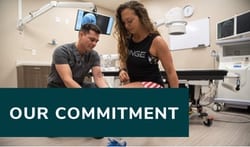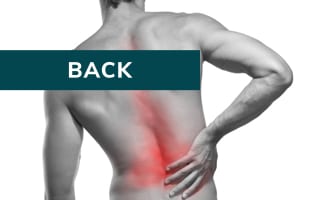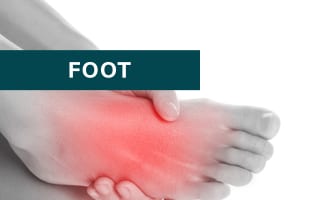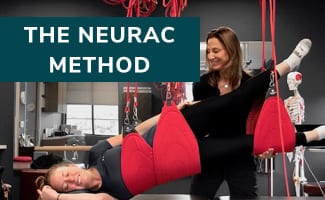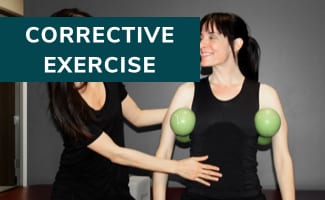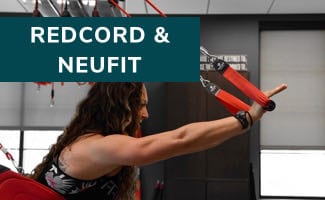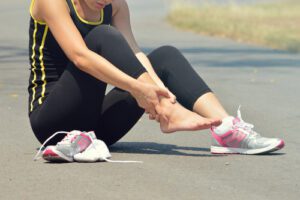Stand up and check in with your body. Is there unnecessary tension in your legs? Are you clenching your buttocks or locking out your knees while standing?
If you answered yes, you are not alone. I see this as a common postural tendency in my patients, some of them with knee, hip or back pain concerns. Most of them are unaware of these postural habits. Locking out your knees means putting them in full extension and tensing up your quadriceps muscles, located on the front of your thighs, which pull your knee caps up. I will discuss a couple of reasons why I advise my clients not to clench their butt or grip their quadriceps while standing.
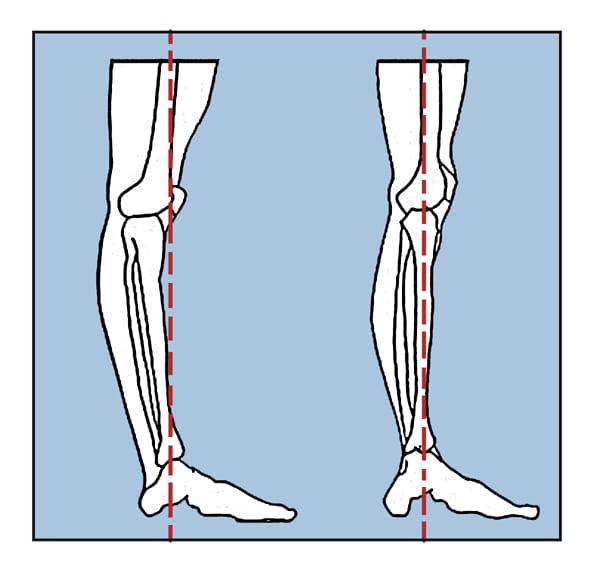
When you tense up the quadriceps in standing and lock your knees in extension, it compresses the knee cap (patella) against the femur. This constant joint compression creates increased friction and decreased mobility between the femur bone and the patella, which can cause undue wear and tear of the cartilage underneath the kneecap. Continuous compression also decreases the blood flow around the area, thus decreasing the flow of vital resources to your patello-femoral joint.
Both gripping your quadriceps and clenching your butt are often compensatory patterns for some other weakness or instability around your pelvis, pelvic floor, and lumbar spine. Even though people are trying to gain stability using these “gripping” patterns, long term they will cause an over tightening of the pelvic floor (which is not good!!!), decreased inner core stability, hip, sacroiliac joint; or lumbar pain. I know this is hard to visualize. The human body is the most amazing system of parts – which in order to work in the most efficient way possible, needs to be balanced – every piece needs to pull its proper weight (pun intended) to produce the proper amount of force to move the skeleton.
Think of the way corporations operate – they have multiple departments doing their jobs in pursuit of a common goal. If one department (a group of muscles) is slacking by not meeting expectations, your company still needs to generate the same amount of sales. Often, another department or certain hardworking individuals within the department will have to pick up the slack. This leaves certain compensatory muscles overworked and fatigued, predisposing the company (your body) to overall decreased productivity (injury) as they won’t be able to cover the slack indefinitely. Unless we fix the underlying problems – address the underperforming employees, our company will continue to struggle. Glute clenching and quadriceps pulling while standing often happens because some other muscles missed the memo to hold your body against gravity. It could also happen when there is a osteo-ligamentous compromise like sacroiliac joint instability and your body responds by tightening the muscles around it to compensate for the instability. Our regenerative medicine specialists at CHARM are experts at addressing the osteo-ligamentous compromise. Our job as physical therapists at CHARM is to figure out where the muscle imbalances are in your body and help you fix those weak links, instead of you continuing to mask them with improper compensation. Let us retrain those problem employees and boost your body’s bottom line by making all muscle systems move with purpose!
To clarify – I think gluteal muscles and quadriceps are vital to proper human function. Your butt should work/activate when you are squatting, walking or whenever your leg is in extension. However, you shouldn’t clench your butt when you are just waiting in line at the grocery store or doing dishes. Your quadriceps should work when you are hiking downhill, but they shouldn’t grip the knee cap in standing. I think your standing posture should be a posture of readiness where you don’t create unnecessary tension or lock your body out, instead – you are prepared to react to environmental stimulus.

